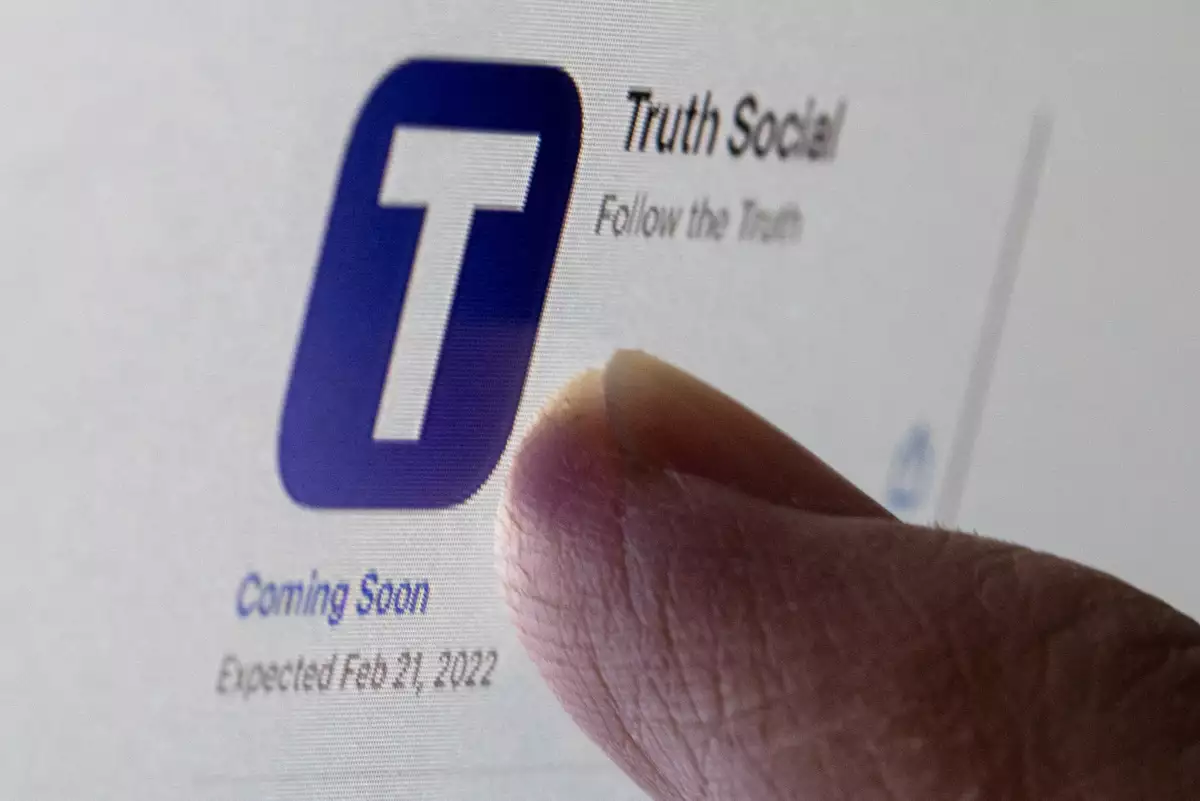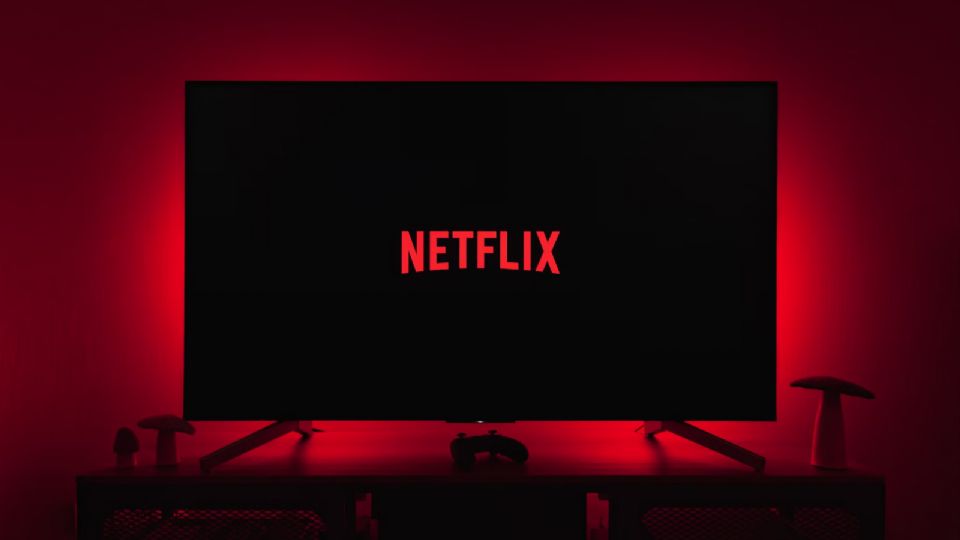
Sports streaming faces rising broadcast rights costs
Streaming platforms such as Fox Sports have lost several league licenses due to contractual issues that are believed to be related to price increases.
Football matches have become a headache for streaming companies . The fight for the rights to broadcast sports events has caused their costs to rise, making it more difficult for platforms to retain them in their catalogues.
Fox Sports is the streaming company that faces this situation. The platform that was betting on the exclusivity of sporting events has recently lost Liga MX matches, after ending its contractual relationship with Club Juárez, one of the last teams that were still part of its portfolio, due to contractual differences, as reported by the team in a press release.
This departure will be added to the Concacaf Champions Cup tournament due to non-payment of broadcasting rights, which has escalated into a lawsuit by the Confederation of North, Central America and Caribbean Football (Concacaf). The company is currently facing financial problems in meeting its contractual obligations.
Expansión requested information from Fox Sports about the loss of sports leagues and the options it has to compensate subscribers who still have its service, but did not comment.
Experts consulted by this media assured that streaming companies will face greater challenges in acquiring sports broadcasting rights because it has become one of the key assets for the platforms' business, being one of the most requested content by audiences.
“It will be increasingly difficult for any platform to have exclusive rights to a single sports league because the broadcast rights for the games are being pulverized and the teams themselves prefer to sell their games to different windows with a view to their games being seen not only in Mexico but in other countries,” explained Claudia Benassini, a specialist in restricted television and digital platforms and a researcher at La Salle University.
The broadcasting of a sports match depends entirely on the football teams, since they are the owners of those rights and the ones who sign the contracts with television stations and streaming companies. These types of agreements can last a year or even six months.
Marco Liceaga, Executive Vice President of Sports Rights Acquisitions and Commercial Partnerships at TelevisaUnivision, acknowledged that the acquisition of sports content has become more complex and expensive, since more than four platforms want the same league “and this generates inflation in the most relevant sports properties.”
“When a company wants to buy something, I always warn executives about the risks of not properly evaluating the content they want to acquire. That is why, before buying a rights package, we review the ratings of each league to be clear about the return on investment and the possibility of gaining more subscribers,” Liceaga explained at the Nextv Series Mexico forum last year.
The director even recalled the case of a platform that acquired two packages of European football rights for an 'astronomical' amount and after two years did not know what to do with that league, "and all because it made a bad evaluation."
The migration of sporting events to streaming is a strategy that is increasingly being adopted by companies worldwide, in response to the way audiences currently consume this type of content.
30% of streaming subscribers in Mexico pay for sports on-demand services, which positions the country as one of the most eager markets in the region for this type of product, according to the consulting firm Bango Latam Consumer. In addition, the firm Research and Markets projects that the global sports streaming market will reach a value of 87 billion dollars by 2028.
Radamés Camargo, an analyst at the consultancy The Ciu, said that the situation faced by the platforms themselves in their quest to obtain sports content is just one example of how sports broadcasts will continue to be fragmented, resulting in greater problems for audiences who must increasingly look for where to watch their teams' matches, but also at an increasingly high cost, because in the end the extra prices for broadcasting rights are passed on to consumers.
Leave a comment:


Tranding News










